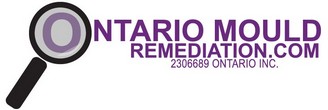The health effects of mold
[divider] The health effects of mold [/divider]
Welcome to the number one concern of a mold problem. Your health is paramount and it should never be put in harms way. This is why you need to contact a professional mold remover if you think you have mold.
Now that that is out of the way, let’s talk about some of the symptoms and effects that mold can have on the human body. First you should know that each and ever person has different sensitivity to mold. While some people may show some ill effects around mold, others may have a higher tolerance to its presence and not notice an effects. Those who display no symptoms though are not out of harms way.
[one_half]Common symptoms of mold sickness include:
- Headache, fatigue, shortness of breath.
- Sinus congestion, coughing and sneezing.
- Eye, nose, throat and skin irritation (itching).
- Dizziness, nausea and/or vomiting.
[/one_half][one_half_last]Individuals who have the highest risk potential include:
- Allergy and asthma sufferers.
- People with respiratory disease.
- Those with weakened immune systems.
- Contact lens wearers.
[/one_half_last]
The most common types of mold(s) that are found in homes include Cladosprium (non toxic but can cause reactions with those who have allergies, asthma or weakened immune systems), Penicillium (commonly found on food and causes gastric complications when ingested), Aspergillus (most common and most toxic mold that is believed to cause cancers and other serious health complications) and Alternaria (found in fabrics and can cause respiratory failure).
